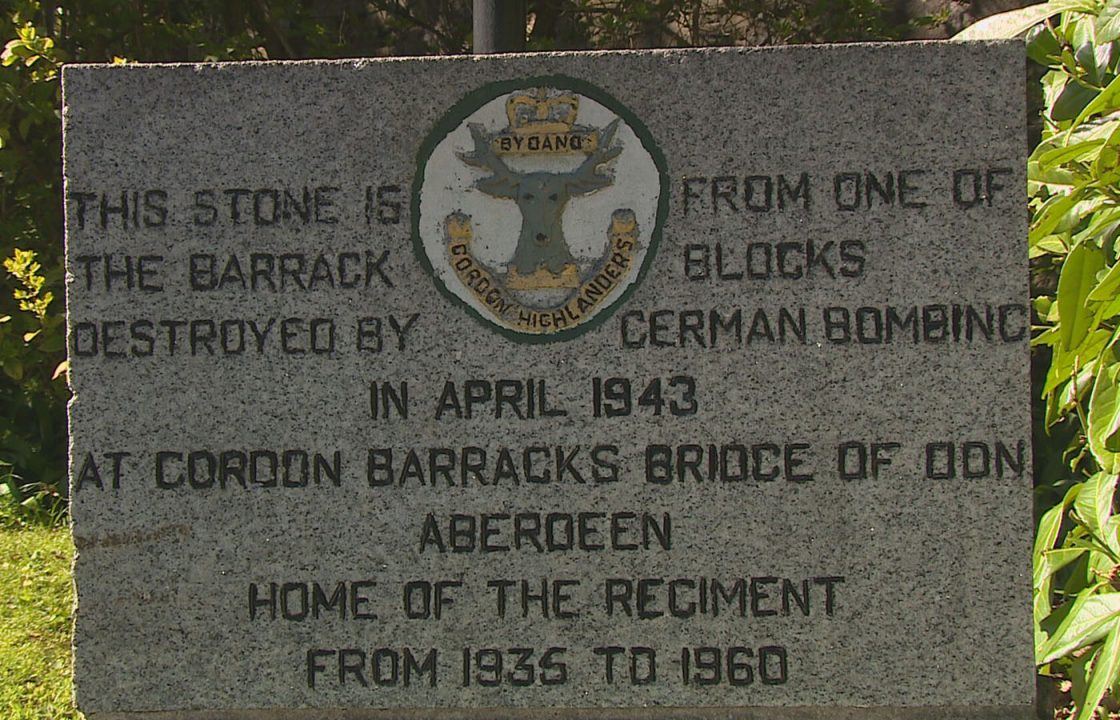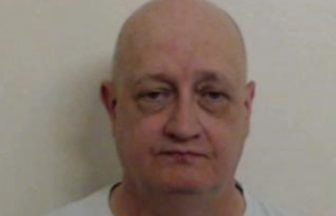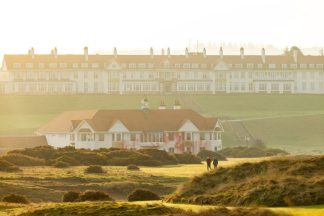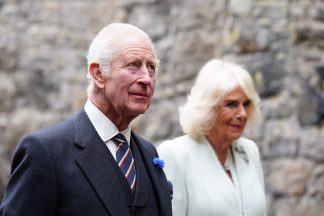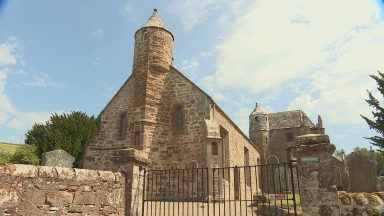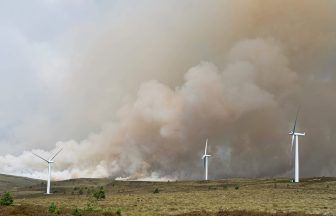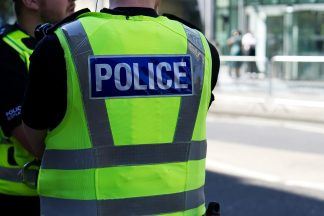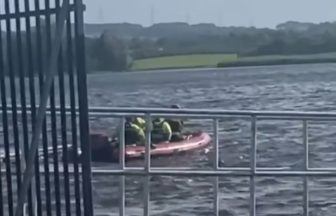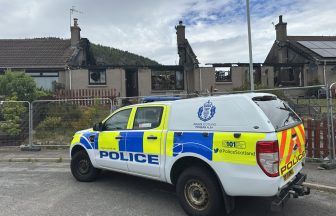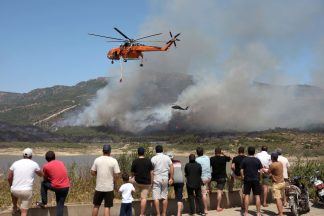On a pleasant spring evening in 1943, the residents of Aberdeen were enjoying the run up to the Easter weekend.
That was until at 10.07pm on April 21, when a 57-minute raid on the Granite City by the German Luftwaffe would leave more than 120 people dead and thousands of homes destroyed.
The Aberdeen Blitz caused the single most destruction and loss of life across the city during World War Two.
Chris Croly, a historian at Aberdeen University tells STV News that it’s likely people weren’t expecting the bombings.
It was the last and only targeted attack on Aberdeen, which gained the nickname “Siren City” due to more than 300 false alarms. Just 6% were real attacks.
He said: “It would have been as any other war time night would have been in Aberdeen. It was spring. We know people were out at the cinema. People were out socialising.
“The atmosphere would have changed from ‘just another siren’ to one of sheer terror – seeing these bombs that were dropped all across the city.
“Factories were attacked, steeples were attacked – and that would have meant it would have been very visible across the city, especially to people in tenements two or three floors up.
“They would have wanted to get down, they would have panicked, they wouldn’t have known how long it was going to last for.
“To us it’s easy to say it lasted for just shy of an hour but the reality is ‘what would that have felt like on the ground, hearing deafening noises, hearing screams and fires’.”
A total of 27 Gordon Highlanders and 93 civilians were killed. Around 10,000 houses were demolished after 130 bombs rained down on the city.
One row of houses in Bedford Road were completely gone after a direct hit, killing an entire family.
Also taking a direct hit was St Mary’s Church on Carden Place. It was two days before Good Friday and a family belonging to the congregation was killed.
According to historians, it was a thoroughly planned attack, choosing an unexpected route and targeting areas rich in industry, warehouses and dense housing.
Colin Johnston, an ex-history teacher in Aberdeen previously spoke to some survivors and their families.
He recalls a story told by his friend Swanson Mackenzie, and his father James Mackenzie.
“They were at the Music Hall enjoying a concert and started walking home to Kittybrewster, walking down Union Street and then up George Street.
“The planes were now circling overhead, there was a terrific noise, and aircraft guns being fired and bombs falling.
“They went inside the granite structure of the cattle pens and all he saw was this wall of flame, a huge ball of smoke and above everything else – he heard the screaming of the cattle.”
Both father and son made it home, and surprisingly, their house was the only one the street still with windows.
The all clear was finally sounded at 11.04pm, some 57 minutes after the first alarm was raised.
Follow STV News on WhatsApp
Scan the QR code on your mobile device for all the latest news from around the country


